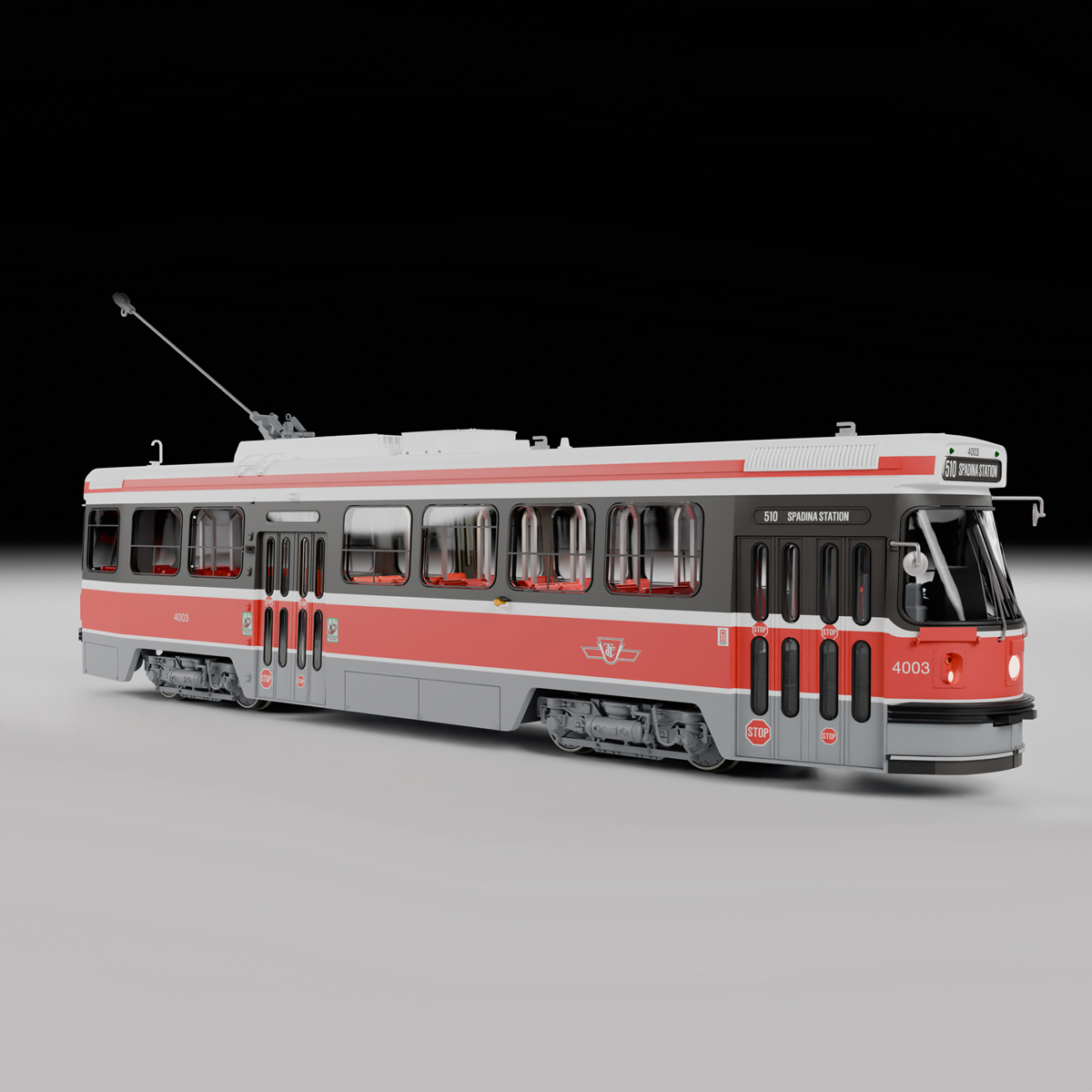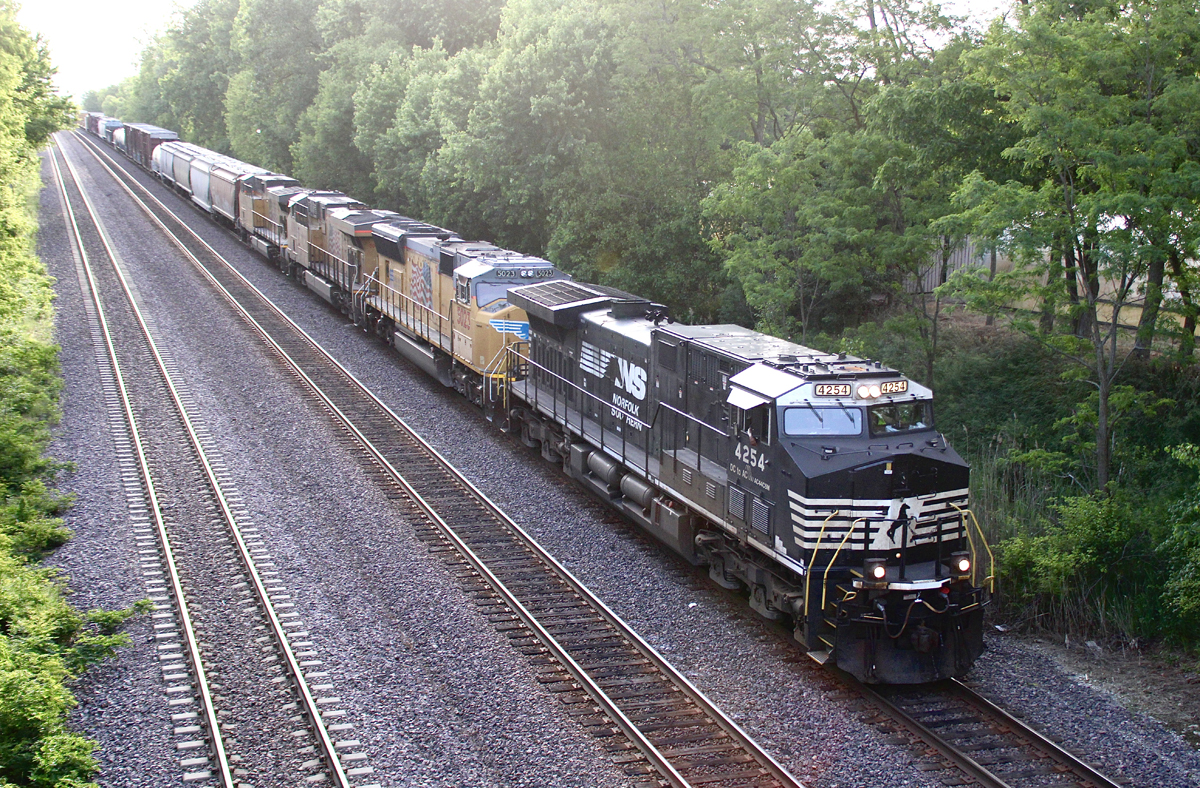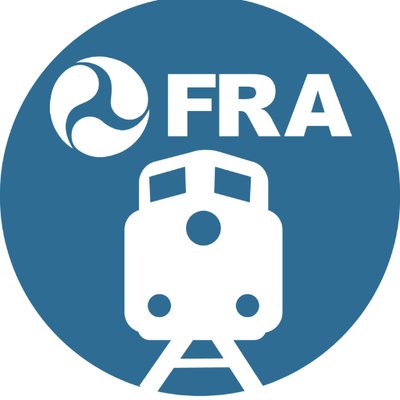“As a result of the quickly developing conditions related to COVID-19, some car dealers and distribution centers are no longer able to continue accepting new vehicles,” railway spokeswoman Amy Casas says. “Subsequently, BNSF issued an embargo for all our automotive facilities over the weekend.”
Other railroads have imposed auto terminal embargoes, as well, as a way to manage congestion as auto ramps fill up, according to a review of the Association of American Railroads embargo system.
Canadian National placed an embargo on traffic bound for 20 of its auto terminals in Canada. Union Pacific has closed its auto ramps at Chicago Heights and West Chicago, Ill.; Santa Rosa, N.M.; and Benecia, Calif.; to inbound traffic. CSX Transportation has embargoes in place on multilevel terminals in Ohio, Michigan, Massachusetts, Tennessee, and New Jersey. Canadian Pacific has limited traffic at four auto terminals in Canada and one in Minnesota. NS is limiting inbound volumes at the Wentzville, Mo., auto ramp.
“During this embargo period, we will continue to work with customers to coordinate anticipated permit needs,” Casas says. “Specifically, we are asking for their help in identifying the car dealers or distribution centers, which are currently still receiving vehicles at each destination facility. We will continue to provide service to support those specific customer locations.”
Like other railroads, BNSF has asked carload and intermodal customers to share information about anticipated volumes. The information will help the railroads gear up for what’s expected to be a sharp rebound in traffic once coronavirus-related shutdowns and curtailments are lifted.
“We remain confident that we have the equipment, facilities and other resources ready to handle an expected demand surge in the coming weeks,” Casas says.
The disruption to the automotive supply chain comes as automakers have halted production and sales have nosedived.
Some analysts project that auto sales will drop 40% in March, and 20% for the year, as rising unemployment and economic uncertainty prompt consumers to pull back on spending on big-ticket items like cars. And in some states, car dealers have been deemed non-essential businesses and are subject to shutdown orders.
Most automakers have idled their North American assembly plants at least through the end of March. Toyota has said it won’t resume production until April 6 at the earliest, and General Motors said it would reevaluate production status on a weekly basis after March 30.
Last year finished vehicles and auto parts were just over 6% of carload traffic, according to Association of American Railroads data.
Auto parts also move in domestic and international intermodal containers, as well, so the plant shutdowns and sales slowdown likely also will hit intermodal volumes.















If the cargo ships are full of autos they too will be left at sea and unable to unload. Time to turn the empty stadia parking lots into auto storage.
What this means is that people are not currently buying cars and trucks. Whether they are spooked and think they need to conserve their cash, or whether they just don’t want to go down to the dealership, they are not buying.
This will have a ripple effect all through the US economy. We are seeing it with the multilevels filling up, the dealerships and distribution centres not accepting new vehicles. Soon we will be seeing assembly plants shutting down, and of course the vast network of component suppliers being idled.
We are seeing it in related industries. Gasoline, for example, is way off what it was only a few months ago, though in the petrochemical sector the issue is somewhat obfuscated by the tiff between the Saudis and Russia.
Nobody much thinks about it, but the privately owned automobile really is a major component of the economy.
The above comments are generic in nature and do not form the basis for an attorney/client relationship. They do not constitute legal advice. I am not your attorney. Now with real glycerine Vibraphone.